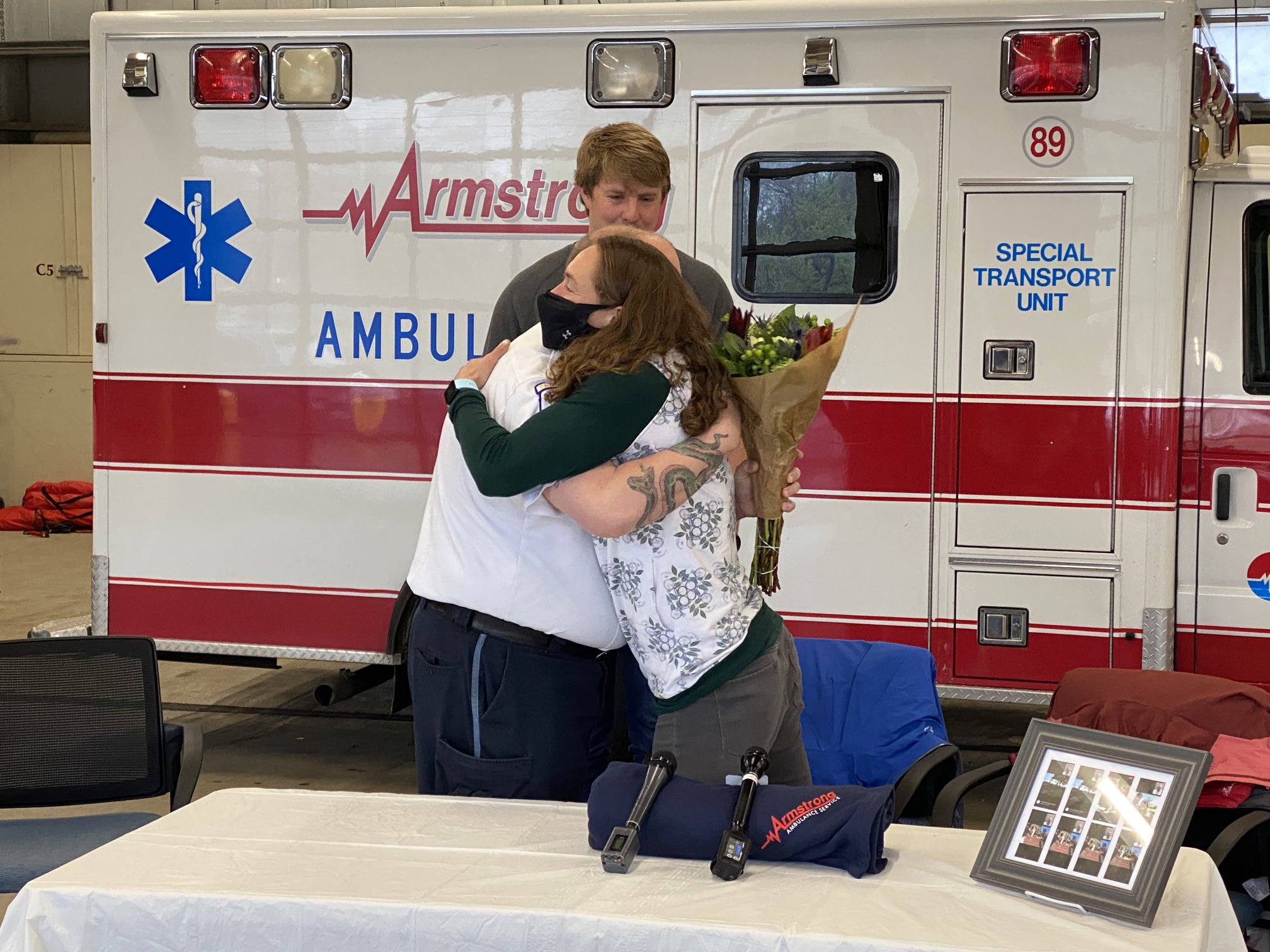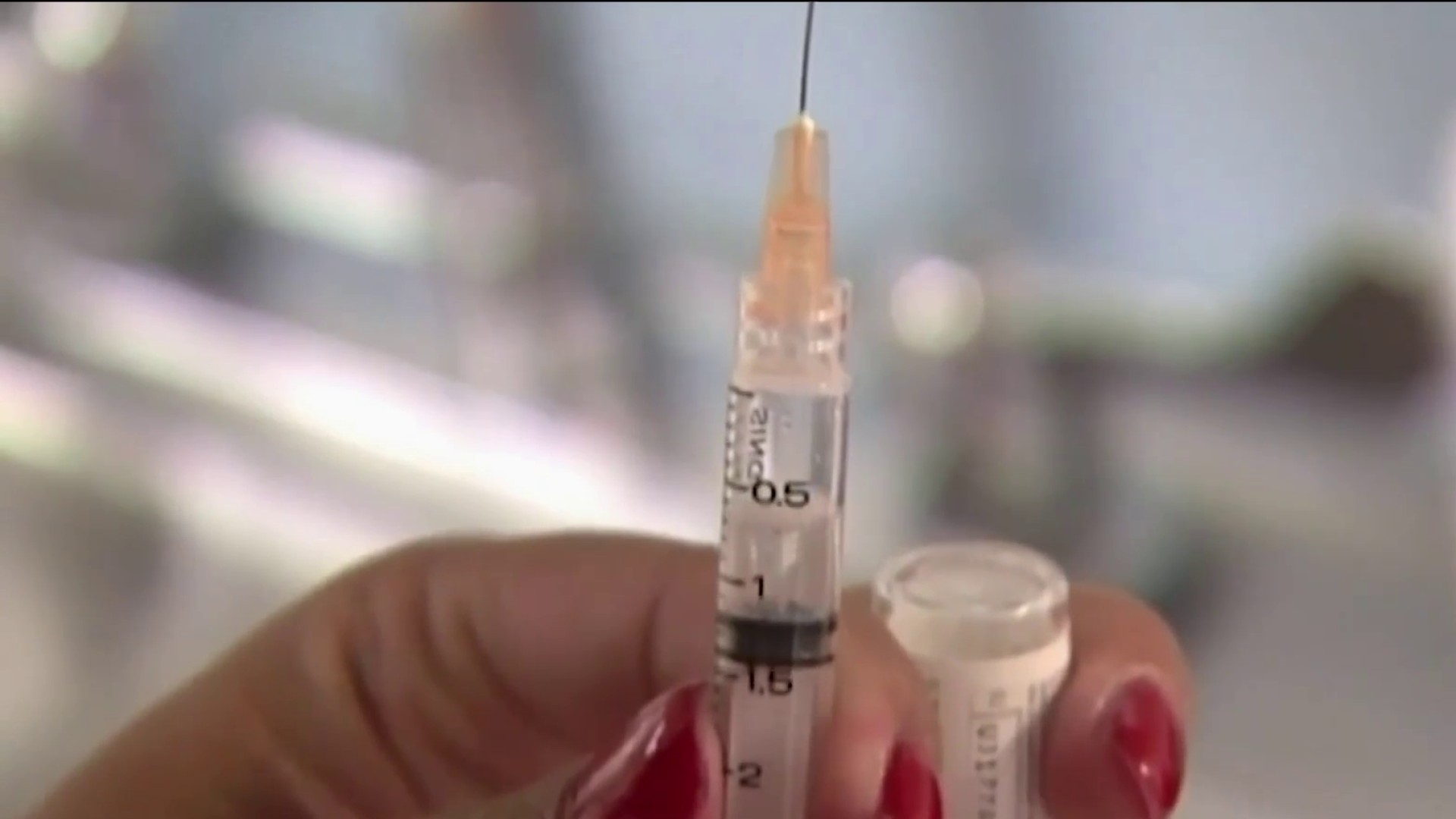Four of the seven mass COVID-19 vaccination sites in Massachusetts will close by the end of June as the state moves into the "next phase" of the vaccine distribution process.
In a Monday press conference, Gov. Charlie Baker said the measure is part of a more "targeted" strategy focused on regional collaboratives, pharmacies and walk-up and mobile clinics that seeks to vaccinate more residents in disproportionately impacted communities.
WATCH ANYTIME FOR FREE
>Stream NBC10 Boston news for free, 24/7, wherever you are. |
The sites expected to close by the end of June are those at Gillette Stadium, the Hynes Convention Center, Natick Mall and Double Tree Hotel in Danvers. Baker said the closures are possible because the state is on track to reach its goal of vaccinating 4.1 million residents by June, calling it an "incredible achievement."
The next phase of the vaccination distribution process will include:
Get updates on what's happening in Boston to your inbox. Sign up for our >News Headlines newsletter.
- Providing all 22 regional collaboratives with doses to fully operate their programs.
- Doubling the state vaccine allocation for the 20 most disproportionately impacted communities.
- Working with the Mass Medical Society to increase access of vaccines with additional primary care providers by mid-May. This effort will require affirming complex storage and scheduling logistics to ensure all doses are put to good use.
- Expanding mobile vaccine clinics in our 20 most disproportionately impacted communities at senior centers, houses of worship and other community-based organizations.
- Working with current providers and community partners to offer new vaccine clinic opportunities.
The transition will help reach people who want a vaccine but haven’t signed up, including in communities where there may be vaccine hesitancy, according to experts.
“The vaccine landscape has changed,” said Professor Devon Greyson, who studies public health decisions and vaccine hesitancy at UMass Amherst. “We need to shift from this phase of rationing vaccine to a phase where we’re ensuring access to all.”
“It’s very important particularly for communities where people may have doubts, questions or concerns, for people to be able to get their questions answered by people that they trust,” said Greyson.
“There’s no question that patients trust their doctor,” said Dr. Russ Phillips, who runs the Center for Primary Care at Harvard Medical School and sees his own patients in practice as well. “They’re used to getting vaccines from their physician.”
“We have patients coming into the office of all backgrounds, patients of color, frustrated by their inability to get vaccines through our offices,” said Dr. Phillips. “There are studies that have been done that show 80 percent of primary care physicians have wanted to give vaccine, and only 20 to 30 percent are actually doing it right now.”
State House News Service contributed to this report.



